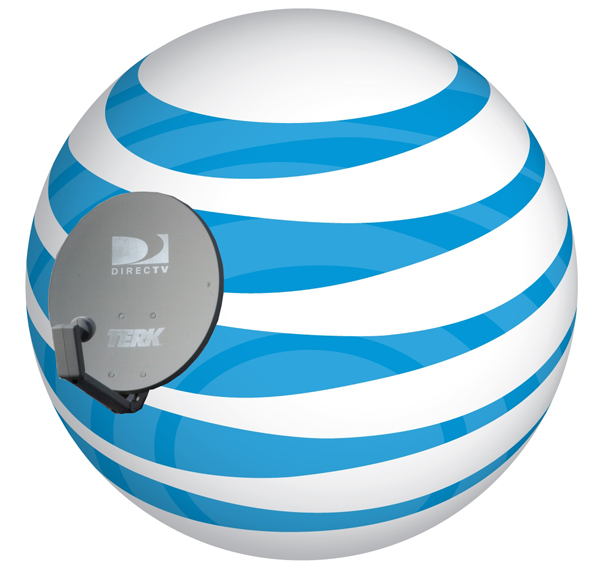While pretty much everyone is scrutinizing the pending mega-merger between Comcast and Time Warner Cable, not much attention is being paid to the possible marriage of the country’s second-largest wireless and pay-TV companies. And that leaves us with two big questions: What, if anything, makes these two mergers so different? And should we be more worried about a unified AT&T and DirecTV than we are? [More]
Government Policy
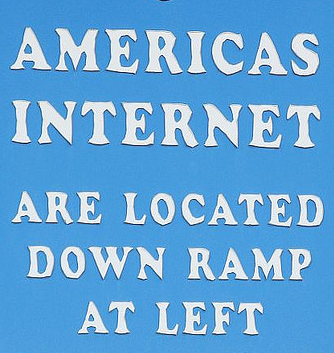
Major Internet Players, Including Reddit, Tumblr, And Others, To Protest For Net Neutrality On September 10
In an action somewhat reminiscent of the widespread protests against SOPA back in 2012, several major internet businesses are planning a symbolic “internet slowdown” on September 10 to advocate for stronger net neutrality regulations. [More]

FTC: Google Must Pay At Least $19M In Consumer Refunds For Unauthorized In-App Pruchases
Changes may have already been implemented to prevent kids from making unauthorized in-app purchases on apps from Google Play, but that doesn’t mean the company is off the hook for the huge bills some families faced. Google has agreed to provide full refunds – with a minimum payment of $19 million – to consumers who were charged for kids’ purchases without authorization of the account holder. [More]

Feds Pushing States To Lower The Drunk Driving Threshold To 0.05 BAC
Having a glass of wine with dinner and thinking about driving? That might be a bit more of a gamble in the future, as the National Transportation Safety Board is lobbying states to reduce their thresholds for drunk driving from the national standard of 0.08 blood alcohol concentration to 0.05. [More]
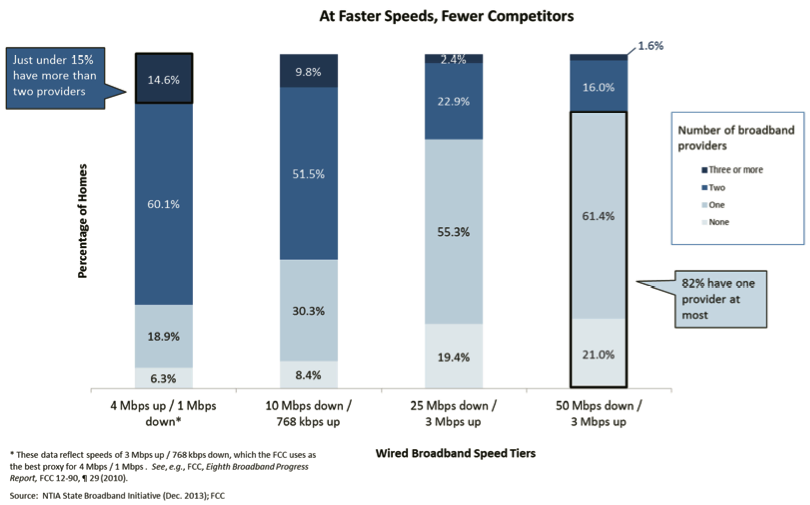
FCC Chair Admits There Is Nowhere Near Enough Broadband Competition
In spite of what Comcast would have you believe, there is very little actual competition among broadband providers in the U.S. And this morning, FCC Chair Tom Wheeler publicly explained the woeful state of competition for America’s Internet users. [More]

CFPB Warns Consumers That Some Credit Card Companies Aren’t Disclosing Risks Of Promotional Offers
With a plethora of credit cards on the market, consumers may be drawn to companies and banks that offer the best promotion at any give time. While those deals might seem like a steal at first, the Consumer Financial Protection Bureau is concerned that companies aren’t clearly disclosing the costs and risks of those offers in a way that consumers can easily understand. [More]
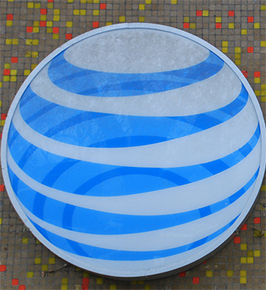
AT&T: Municipal Broadband Should Be Banned Anywhere Private Companies Might Want To Do Business Later
It’s no secret that AT&T and other big ISPs are no fans of municipal broadband projects. There are laws on the books in many states that block the expansion of municipal networks, but the FCC is considering using its authority to override those laws and let communities build networks if they wish. AT&T is also no fan of this proposal. In fact, says AT&T, not only should public networks be barred anywhere there is already a private option, but also they should be barred in any place there might possibly be a plan to build a private option in the future. [More]

Perdue Stops Using Antibiotics In Chicken Hatcheries
There’s some good news for a change for those concerned about the rampant use of antibiotics in animal feed. Perdue, the nation’s most well-known chicken producer claims that 95% of its chickens will now be antibiotic-free (sort of) after removing all antibiotics from chicken hatcheries. [More]

Thousands Of Jars Of Parmesan Cheese Recalled Because No One Wants Salmonella With Their Spaghetti
If you were thinking of making a batch of spaghetti for dinner, complete with a heaping helping of 4C-branded Parmesan cheese, you might get more than you bargained for – salmonella. [More]

What Happens When One Mall Has Two Different Minimum Wages?
Normally, it wouldn’t be a huge deal to have one mall that sits on the border between two cities. There might be some small differences in laws or sales tax, but at the Westfield Valley Fair Mall in California, there’s a huge difference. It sits on the border between the cities of San Jose and Santa Clara, and San Jose recently raised the citywide minimum wage by $2. [More]
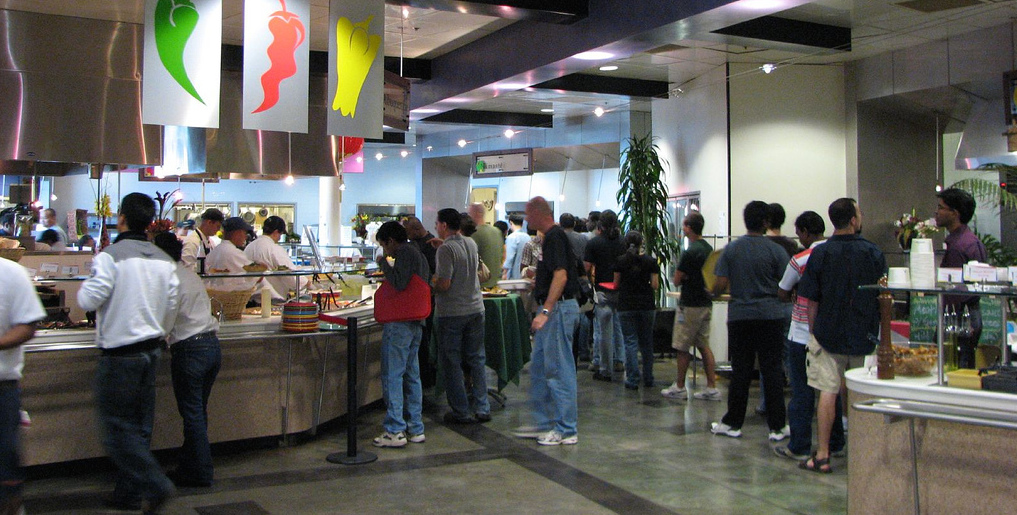
IRS Turning Its Baleful Gaze At Company Cafeterias That Churn Out Free Food
Do you hear that noise? It’s thousands of forks clattering in the hands of Silicon Valley employees currently enjoying a free lunch. The Internal Revenue Service is taking a closer look at the trend of company cafeterias shoveling free food onto employees’ plates, saying that smorgasbord is a taxable fringe benefit. [More]
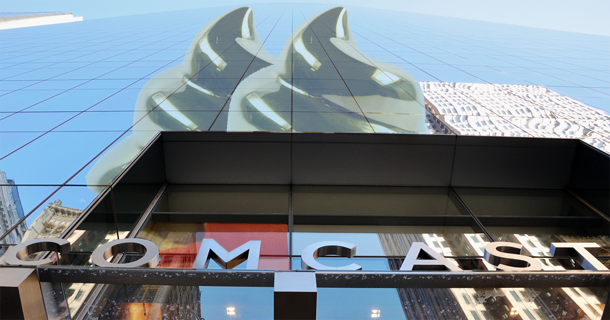
Media Companies Afraid To Leave Public Comments Privately Tell FCC Why The Comcast/TWC Merger Stinks
Plenty of big companies have left lengthy public comments explaining their opposition to Comcast buying Time Warner Cable. Still, though, not everyone who is afraid of the potential consequences of the merger is able to go air their grievances publicly. Media organizations that usually love announcing their opinions to anyone and everyone have been suspiciously silent on the matter, perhaps, as Sen. Al Franken suggested, due to fears of retaliation from their largest business partner. But just because those companies aren’t filing public comments doesn’t mean that they’re in love with the merger, and they may be telling a very different story behind closed doors. [More]
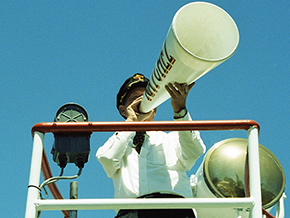
FCC Hopes To Spare Your Ears, Tweaks Rule To Turn Down Obnoxiously Loud TV Commercials
Some things haven’t changed in 20 years: you’re watching some old movie late at night on TV, and you turn the volume up because the dialogue is so quiet. Then the ad break comes and suddenly salesmen are shouting at you so loudly you could practically hear them from space and you bang your head on the coffee table in a frantic dive for the remote. Everyone hates that — and the FCC hates it, too. [More]

TSA: Please Leave Your Ammo-Filled Bibles And Hot Sauce Grenades At Home
There are a lot of things you aren’t allowed to bring into the cabin of a plane: throwing stars, shoe knives, and toy guns belonging to sock monkeys. While a hollowed-out Bible might be a great hiding place for your bullets at home, the Transportation Safety Administration would like the public to know that you’ll need a different container when you travel by air. [More]
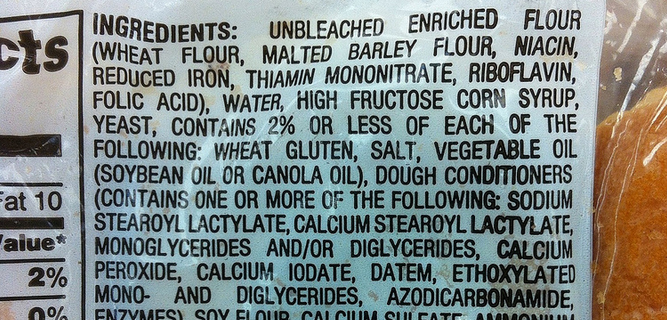
Food Industry Initiative Highlights How Little The FDA Knows About What’s In Our Food
For decades, the food industry has been able to use ingredients that are “generally recognized as safe” (GRAS) without approval from the FDA. When first used in the ’50s, this was intended to apply to ingredients, like vegetable oils and vinegars, where an additive’s safety is common knowledge, but in 1997, a backlogged FDA allowed food companies to merely submit their GRAS findings instead of the supporting data, creating a loophole the food industry has exploited to include a vast number of chemical ingredients that manufacturers claim are safe but which don’t go through a rigorous approval process. Feeling pressure from the public to pull back the veil on the GRAS process and its ingredients, the food industry announced a transparency initiative yesterday that may be a step in the right direction, but highlights just how little the FDA seems to care about the “F” part of its name. [More]

FCC Fines T-Mobile $819,000 For Selling Phones That Don’t Work With Hearing Aids
Let’s point out something very, very obvious: within reason, everyone should have the right to communicate over the phone, even if they live with some form of hearing loss. For that reason, the Federal Communications Commission requires mobile phone carriers to sell a certain number of handsets that work with hearing aids. The agency says that T-Mobile failed to do this, and has fined them $819,000. [More]
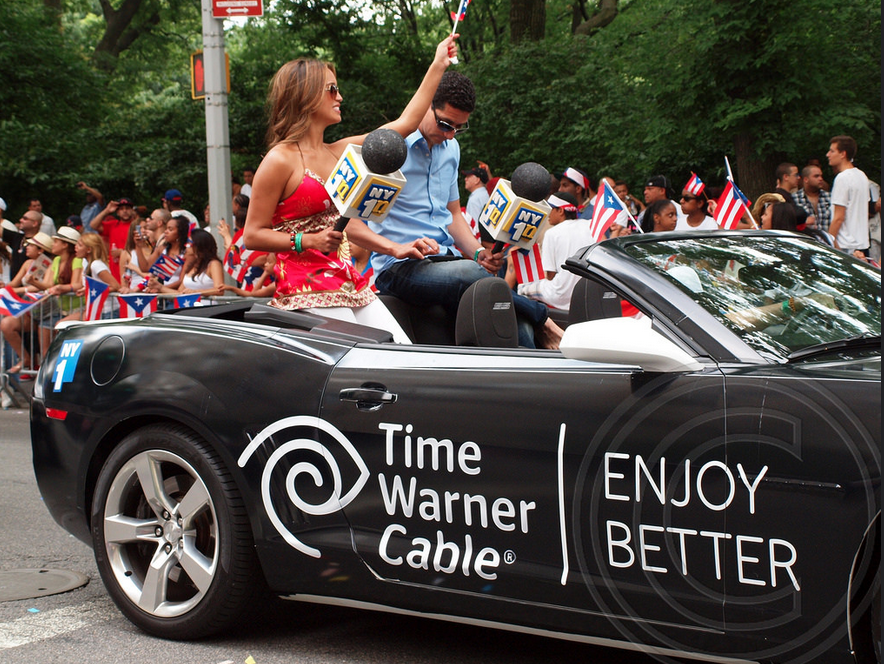
Time Warner Cable Fined $1.1 Million For Failing To Report Outages
No, this isn’t about the huge nationwide outage that hit millions of Time Warner Cable customers earlier this week, but the timing couldn’t be more perfect. The FCC has announced that TWC must pay a $1.1 million penalty for failing to report a number of network outages to the Commission. [More]


